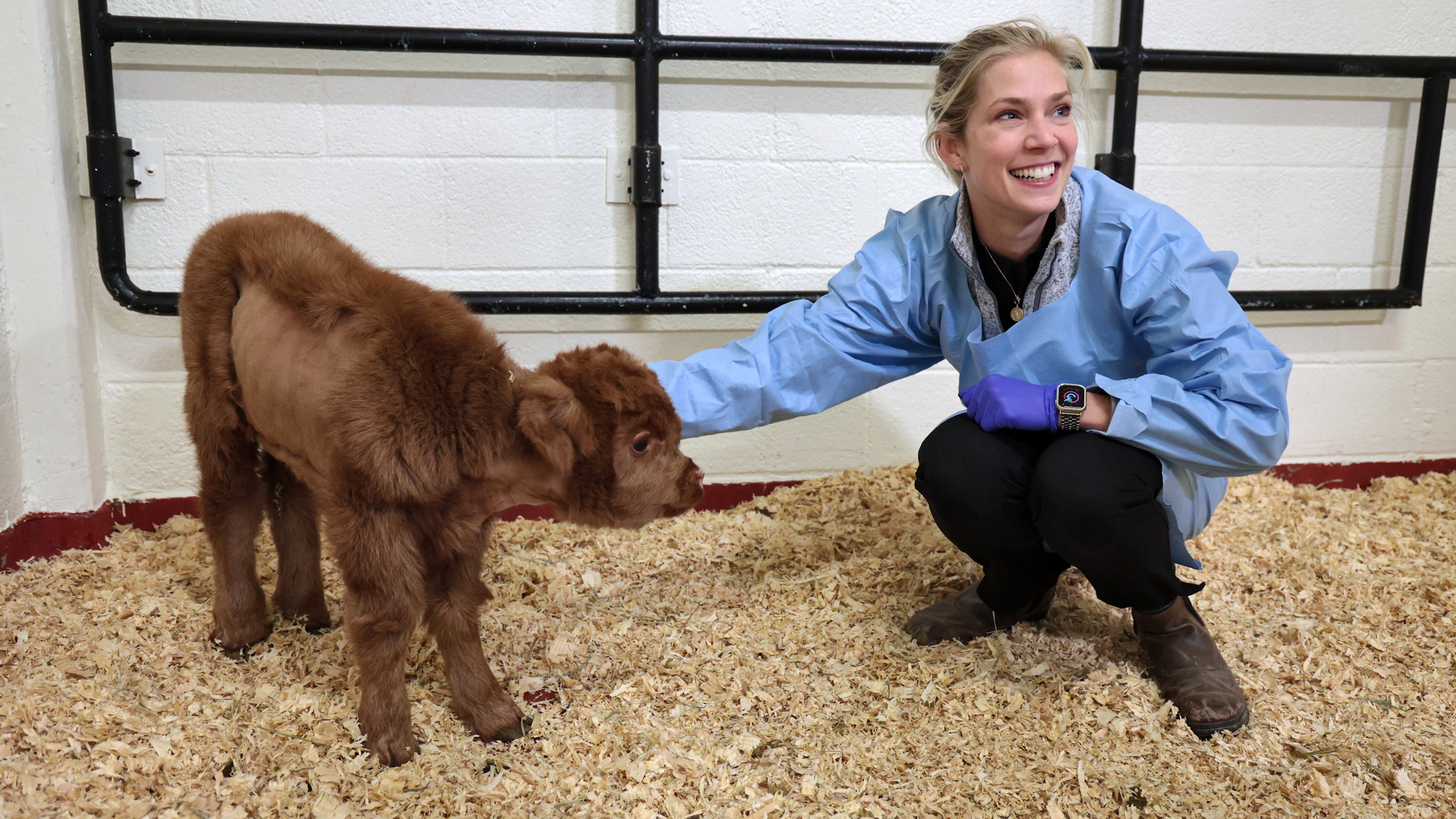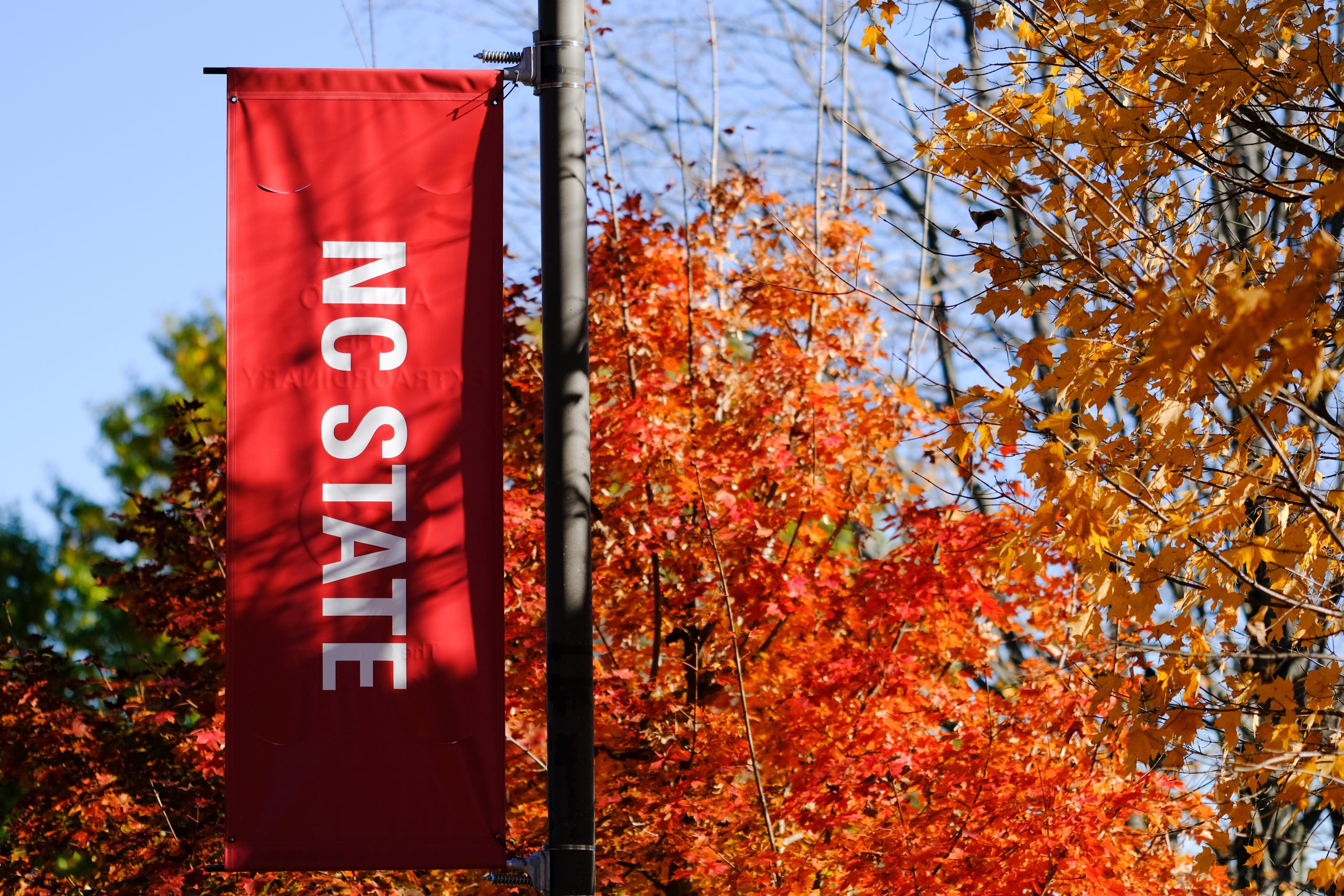Animal Behavior Service Conducts Clinical Trials
The Animal Behavior Service in College of Veterinary Medicine’s Veterinary Teaching Hospital is conducting clinical trials on two troublesome pet behaviors—dogs with travel anxiety and cats that spray urine.
[section_subtitle]Dogs that Exhibit Travel Anxiety[/section_subtitle]
Description:
This double-blind, placebo-controlled study will evaluate the effect of a nutraceutical supplement or placebo for the management of travel anxiety in dogs. The supplement and placebo are highly palatable poultry-based formulations that dogs consume readily. Patients will be monitored over a 10-week study period, including two visits to the North Carolina State University Veterinary Teaching Hospital in Raleigh, NC, under the direction of Dr. Barbara Sherman. Online access is required as clients will complete online surveys during the study to report their pet’s progress.
Eligibility:
Dogs that display clinical signs consistent with travel anxiety, including trembling, pacing, or drooling while traveling in a car, but in otherwise good health, may qualify. Signs must have been observed for a minimum of three months. Dogs need to be current on vaccinations and cannot undergo any other behavior modification or behavioral medication therapies during the study. To learn if their dog qualifies for the study, clients should call the Anxiety Study Hotline (1-877-605-1210).
Financial Incentive:
The office visits, examination, and supplement (or placebo) are provided at no charge to the client. A $50 gift card will be given at the completion of the study.
For more information:
Call the Anxiety Study Hotline (1-877-605-1210). Additional enrollment instructions will be given at the time of the call.
[section_subtitle]Cats that Urine Mark (Spray Urine)[/section_subtitle]
Description:
This double-blind, placebo-controlled study will evaluate the effect of a nutraceutical supplement or placebo for the management of anxiety-related urine marking in cats. The supplement and placebo are highly palatable, poultry-based formulations consumed by most cats. Patients will be monitored over a 10-week study period, including two visits to the North Carolina State University Veterinary Teaching Hospital in Raleigh, NC, under the direction of Dr. Barbara Sherman. Online access is required as clients will complete online surveys during the study to report their cat’s progress.
Eligibility:
Cats that display urine marking behavior on vertical (upright) surfaces may qualify. Signs must have been observed for a minimum of three months and not be caused by medical problems. In multi-cat households, the affected cat must be clearly identified. Cats need to be current on vaccinations and cannot undergo any other behavior modification or behavioral medication therapies during the study. To learn if their cat qualifies for the study, clients should call the Anxiety Study Hotline (1-877-605-1210).
Financial Incentive:
The office visits, examination, and supplement (or placebo) are provided at no charge to the client. A $50 gift card will be given at the completion of the study.
For more information:
Call the Anxiety Study Hotline (1-877-605-1210).Additional enrollment instructions will be given at the time of the call.
Re-posted April 9, 2010


